Podcast: Play in new window | Download | Embed
Subscribe: Apple Podcasts | Spotify | TuneIn | RSS
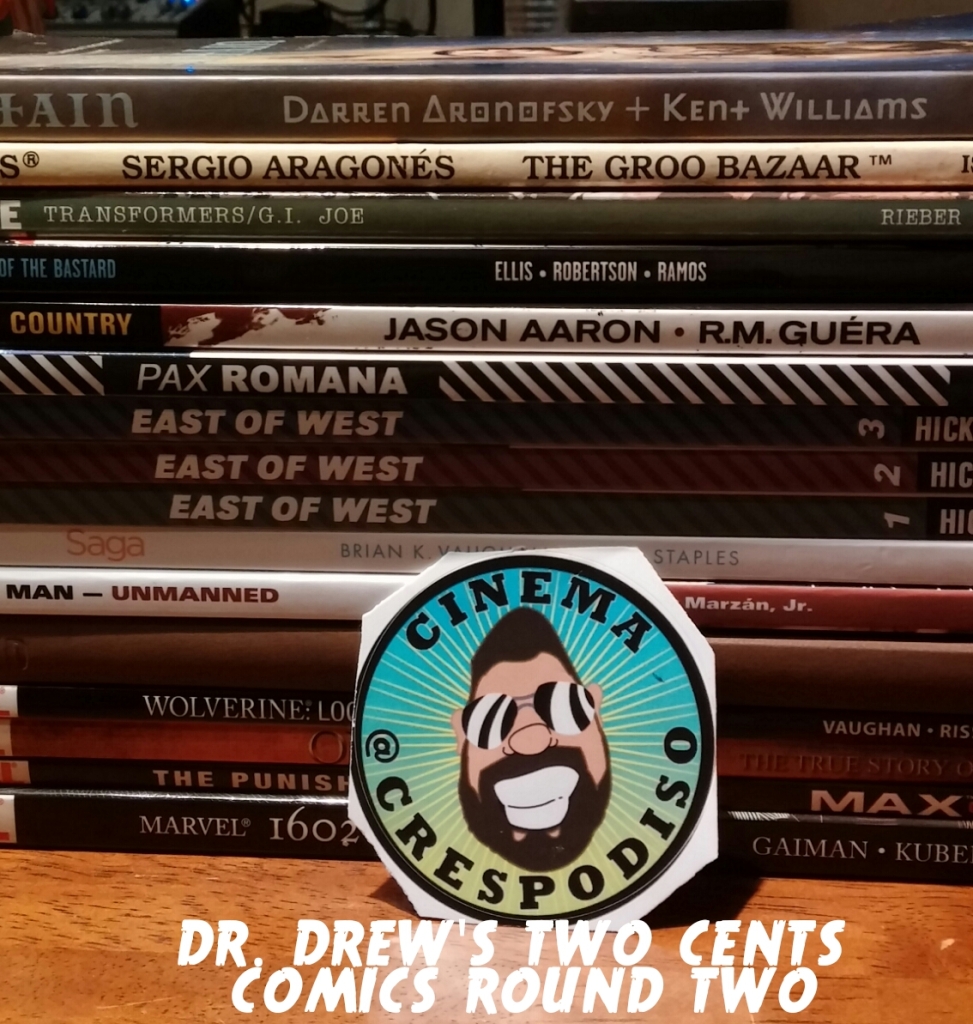 (Right Click Download Link To Save)
(Right Click Download Link To Save)
In this BONUS episode of Dr. Drew’s Two Cents, Drewster Cogburn talks about comic books again, but this time he talks about the more non-commercial, weirder, off the beaten path comics.
Discussed in this episode:
Marvel 1602 by Neil Gaiman, Punisher and Wolverine origin , Brian K. Vaughn’s Pride of Baghdad, Y The Last Man and Saga, Jonathan Hickman’s East of West and Pax Romana, Vertigo’s Scalped, a Transformers/G.I. Joe World War II set crossover, Transmetropolitan, Groo and The Fountain.
Enjoy!
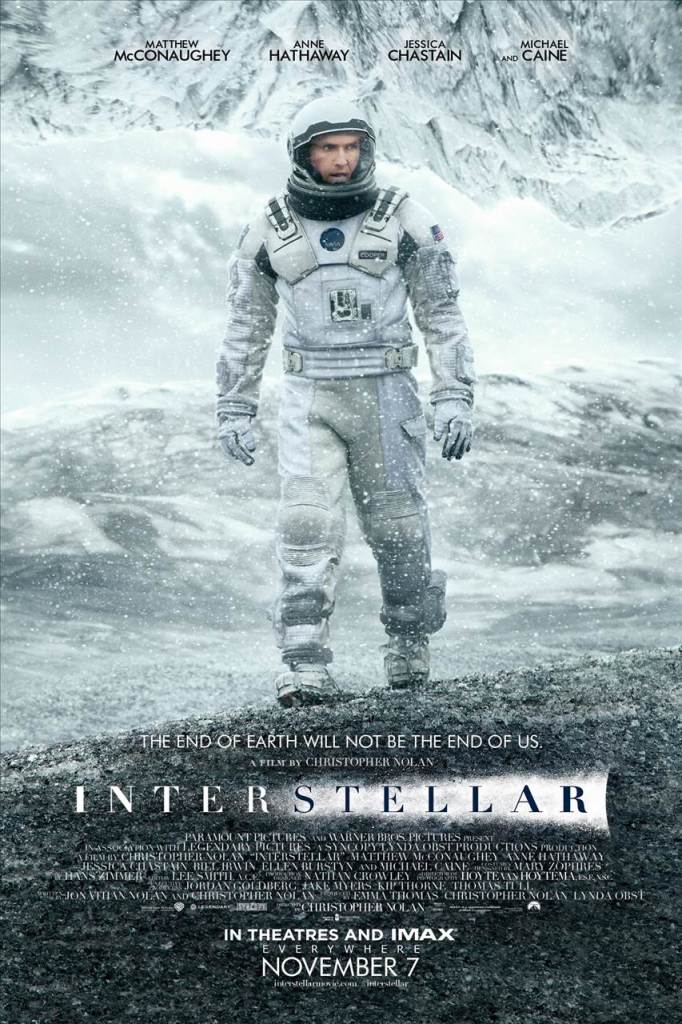
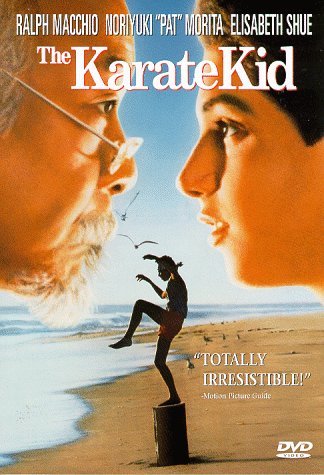
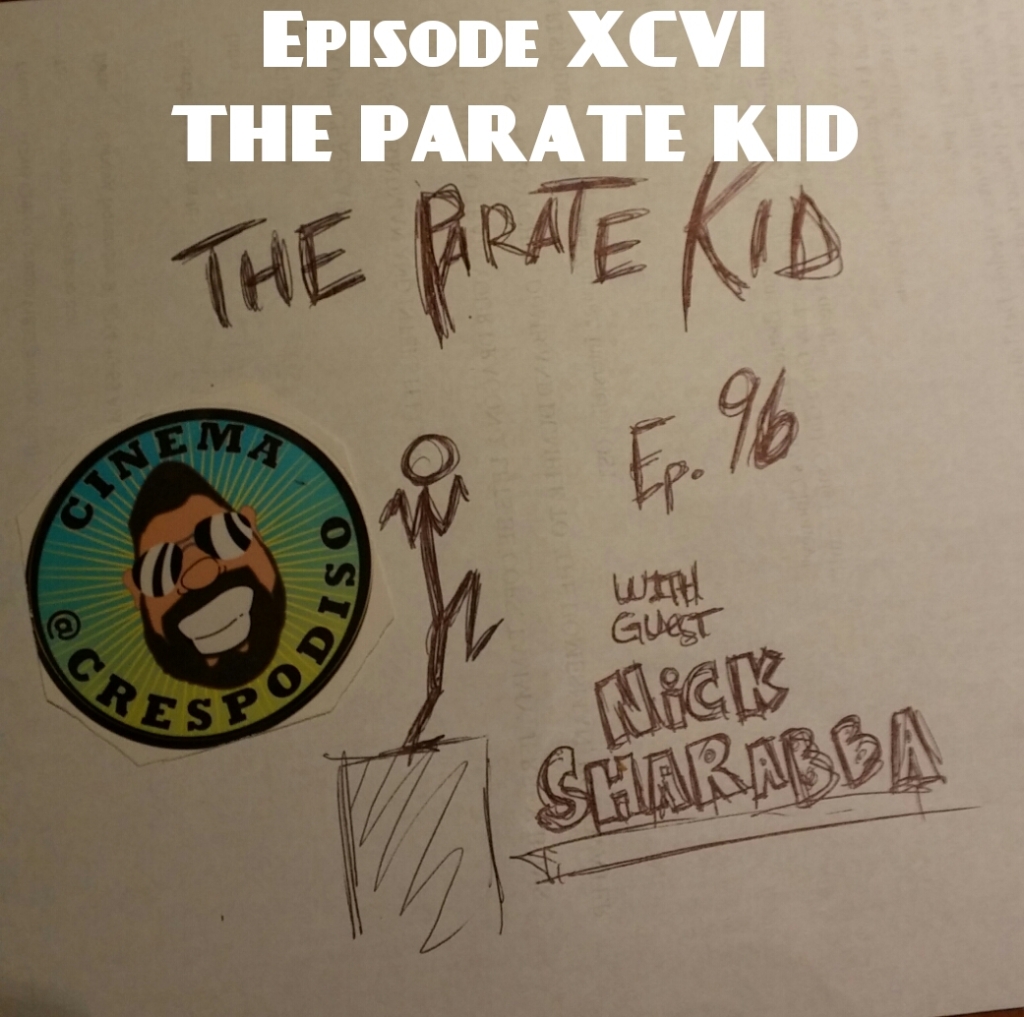 (Right Click Download Link To Save)
(Right Click Download Link To Save)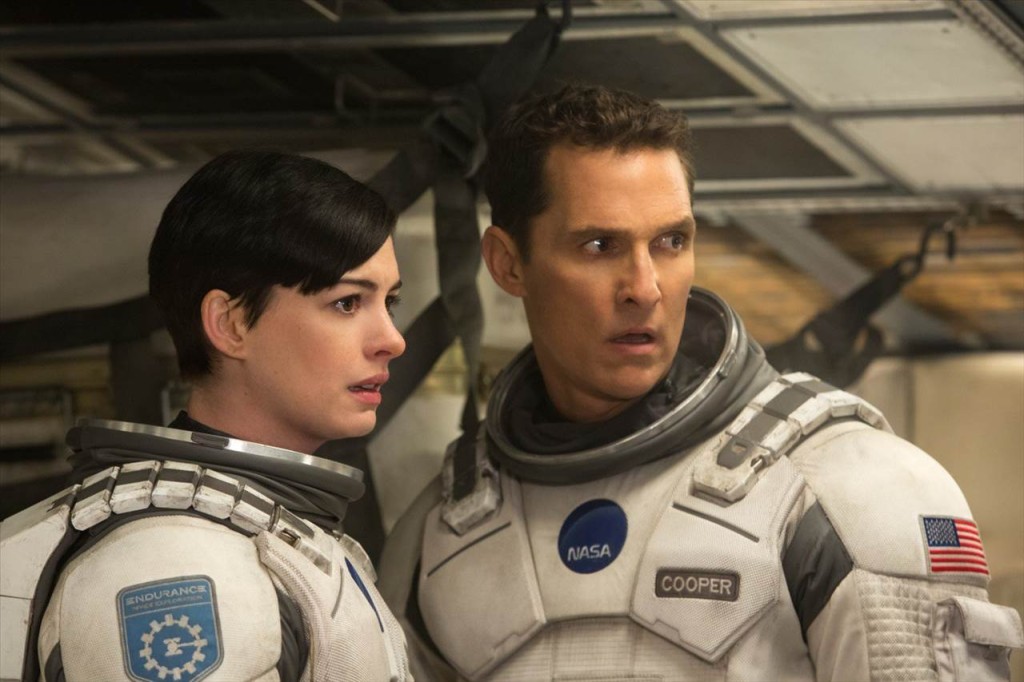
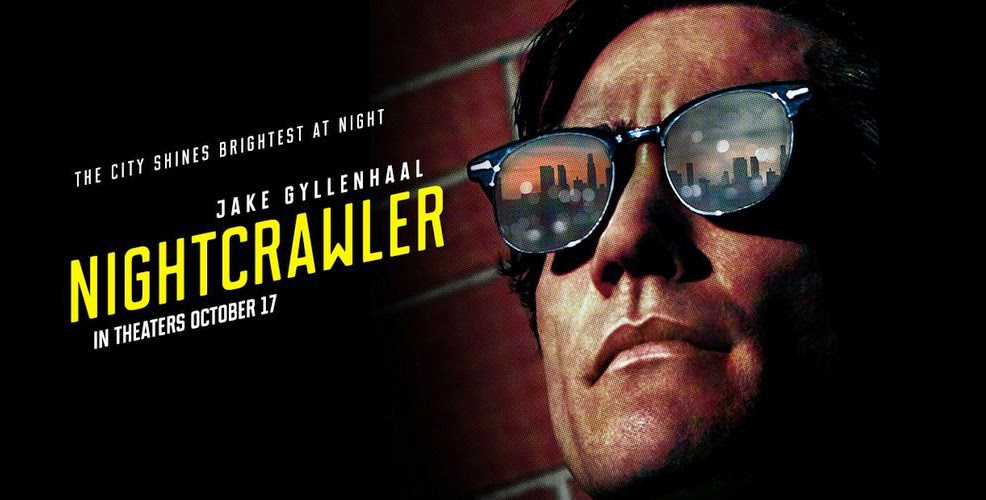
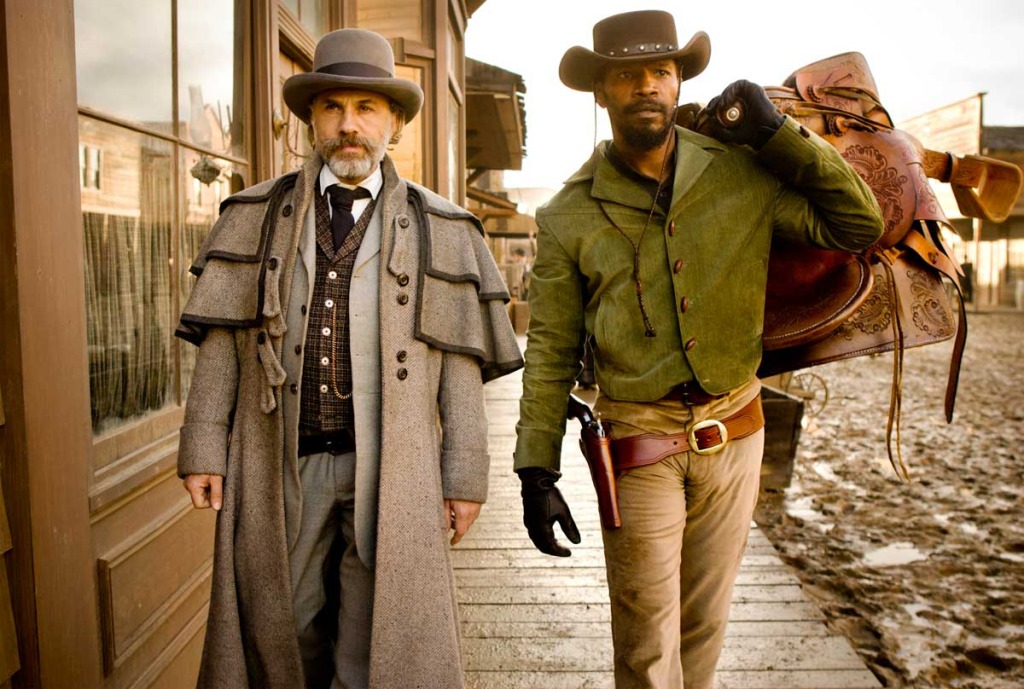
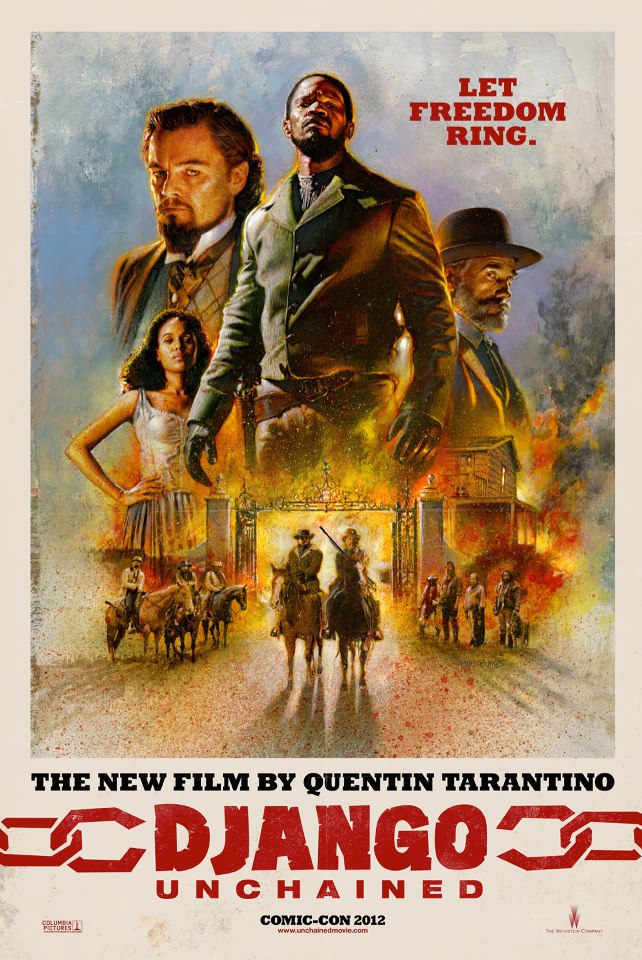
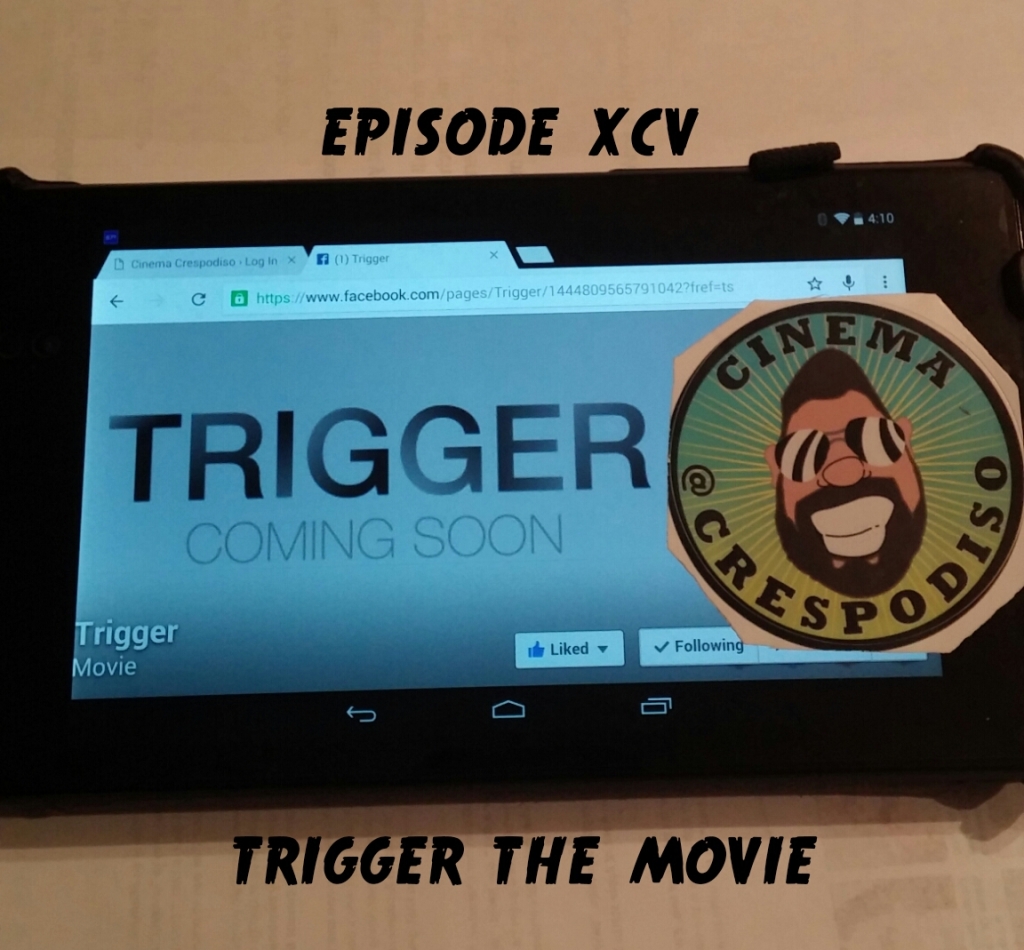 (Right Click Download Link To Save)
(Right Click Download Link To Save)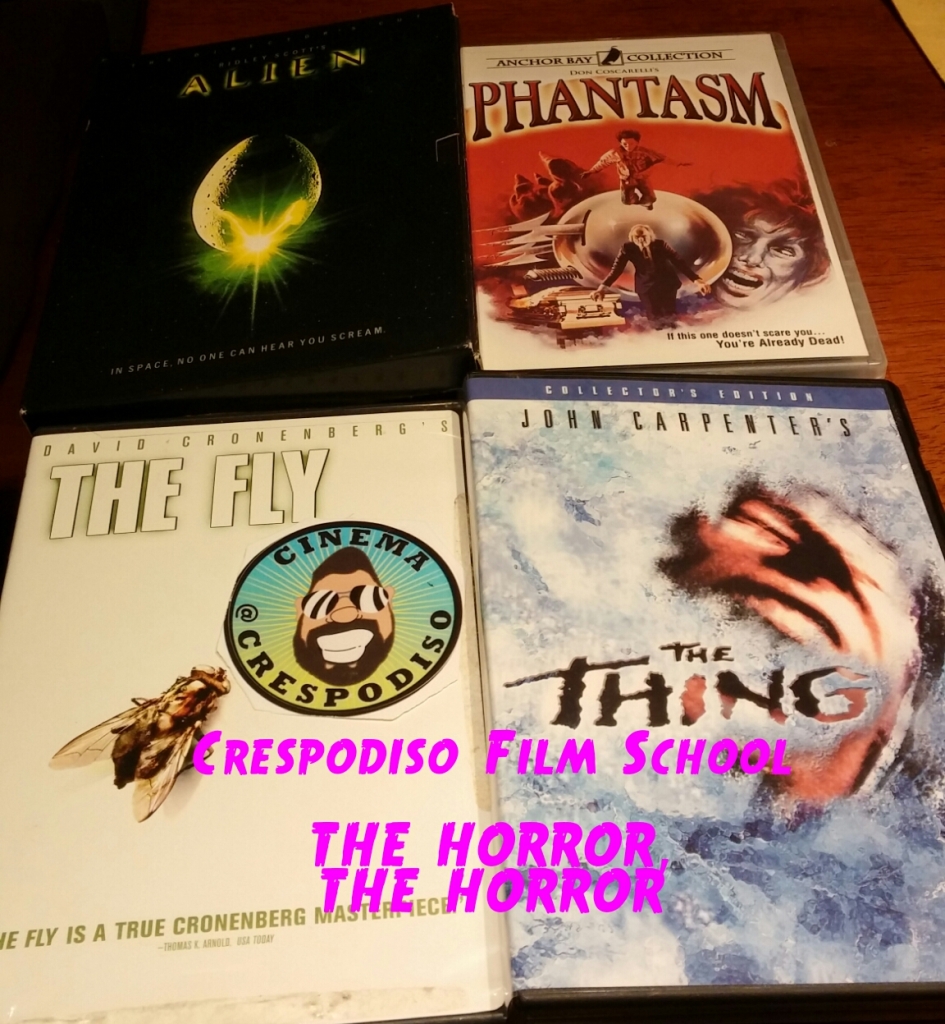 (Right Click Download Link To Save)
(Right Click Download Link To Save)